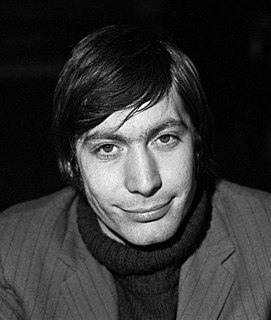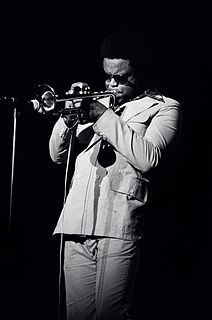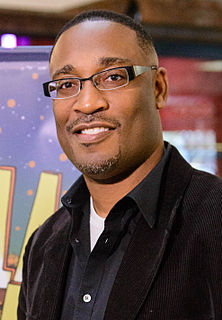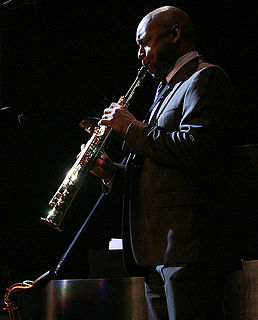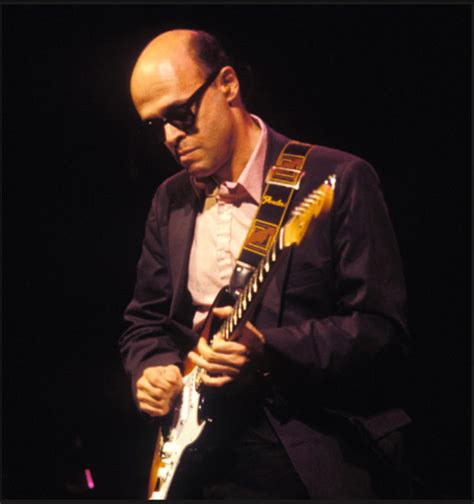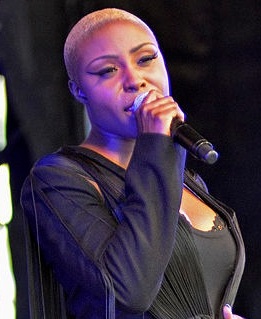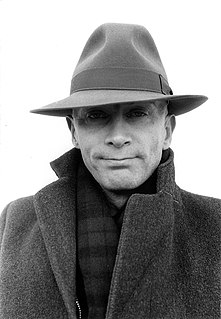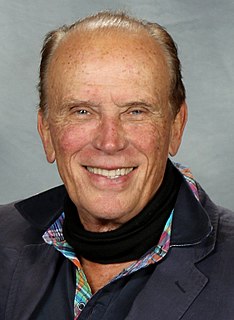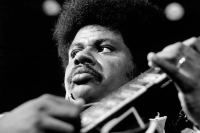A Quote by Nile Rodgers
The only person I have regrets about is Miles Davis. He and I had become good friends after we did a photo shoot and coincidentally we kept running into each other at parties and stuff. I regret not having written a hit for Miles Davis.
Related Quotes
Miles Davis had been in retirement for five or six years and he was coming out of retirement and he was looking for young guys. Somebody gave him my name and he called me and said, "Can you show up at Columbia Studios in two hours?" I'm like, "Whoa, is this the real Miles Davis?" He's like, "Yeah." So I showed up and yeah, it was intimidating, but music is so important to me that the intimidation was all before the notes started.
The next film I have is called Miles Ahead, which is about Miles Davis, during a five-year period in his life during which he's struggling to figure out which direction to go musically and in his life. I play a record executive who's there to try to get Miles to collaborate with one of my clients. I'm excited to see that.
For me, a wake-up playlist completely depends on what mood I'm in. If I need to get into action pretty quick, it will be between Beyonce and Miles Davis. I'm a massive Beyonce fan, and all of her anthems will do it for me. And Miles Davis, because I grew up hearing his music because my dad played it a lot, so that will always be special to me.
Miles Davis, my one and only real hero of my life. I met him [because] every time I had a movie interview, I would shift the conversation to jazz. Miles, when I finally met him, he knew he had a sucker walking in the door. Because his people told him, “This guy plays the trumpet and every freakin’ interview he has ever given, he’s talked about you.”
I believe in knowing all you can about the music and the people who made the music. I think it's much more important to know some good Miles Davis stories than to know how to play like Miles. I think you'll play better if you know some of the funny things he did than if you know the licks that he played.
Jazz stopped being creative in the early '80s. After your acoustic era, where you had the likes of the Miles Davis Quintet, when it gets to the '70s it started being jazz fusion where you had more electronic stuff happening, then in the '80s they started trying to bring back the acoustic stuff, like Branford Marsalis and the Wynton Marsalis & Eric Clapton sextet. It started dying down from there. Miles was still around in the '80s and he was still being creative; he was playing Michael Jackson songs and changing sounds, but a lot of people were still trying to regurgitate the old stuff.


